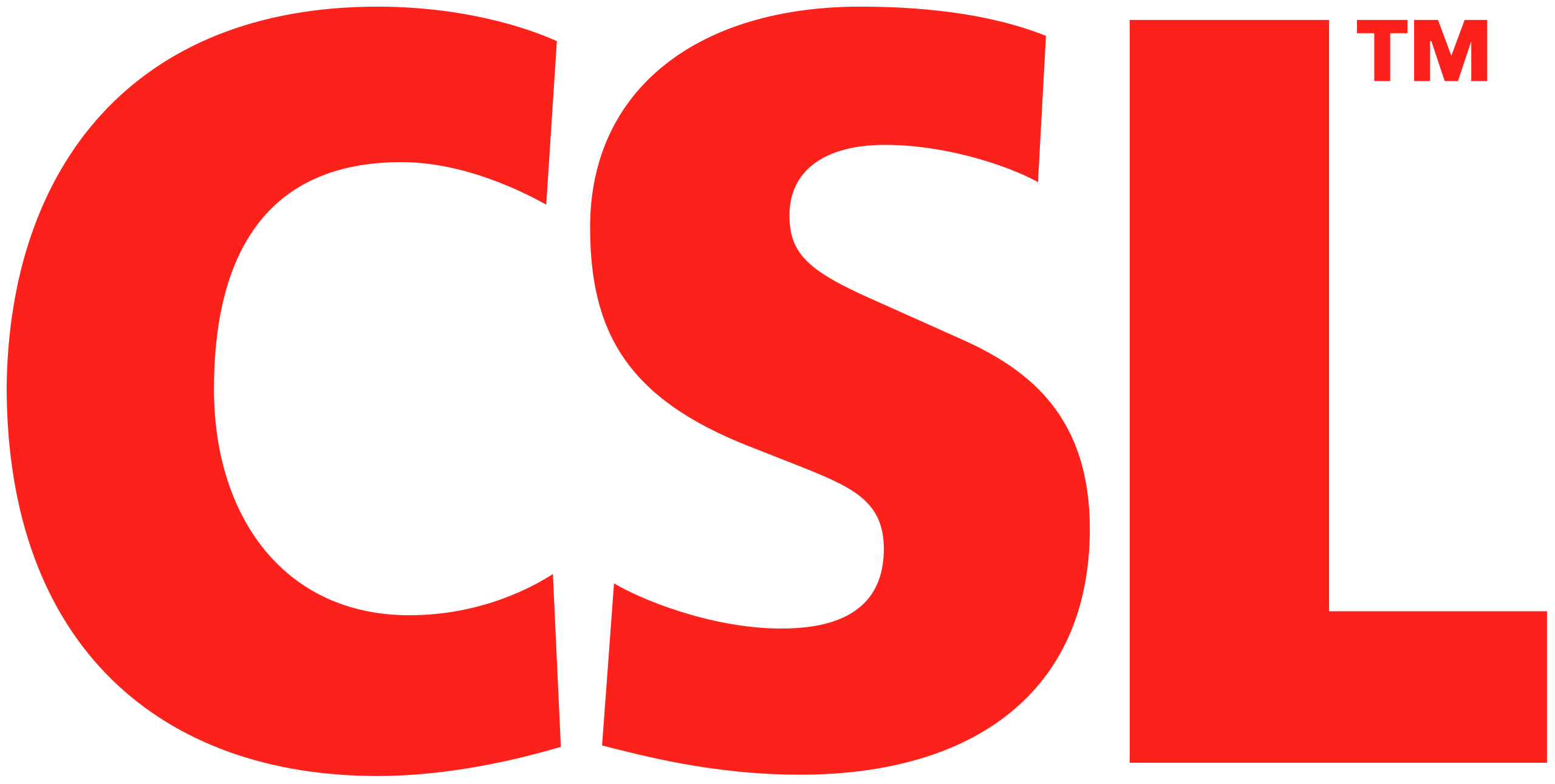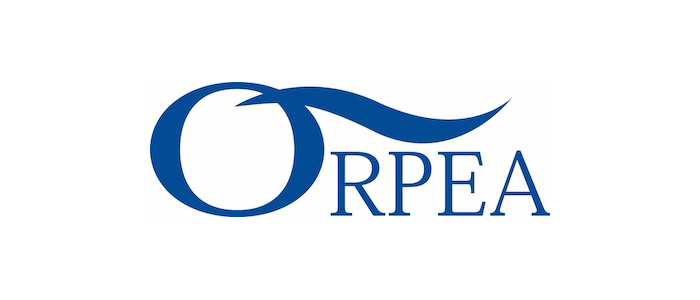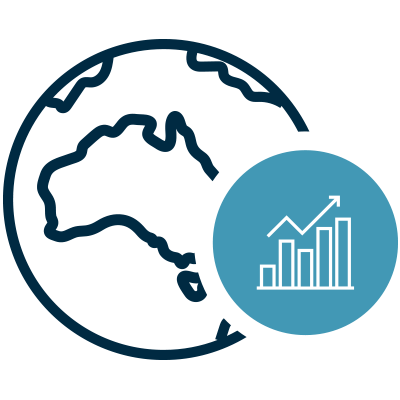SUMMARY
“Buy the rumour, sell the news” goes an old saying, and is a good description of global stock markets this month. Markets broke record after record in the second half of 2020, on hopes of a vaccine rollout to combat COVID-19. Nevertheless, when the actual rollout came this month it failed to sustain the rally. It has also been a dramatic start to the year in both markets and politics. In this month’s commentary fund manager, Ted Franks, ponders the connection between price bubbles and riots, and the implications for sustainability.
We recently hosted a webinar covering the year that was 2020 as well as an outlook for sustainability over the coming year. Financial planners may also complete a short questionnaire available HERE for CPD points.
























